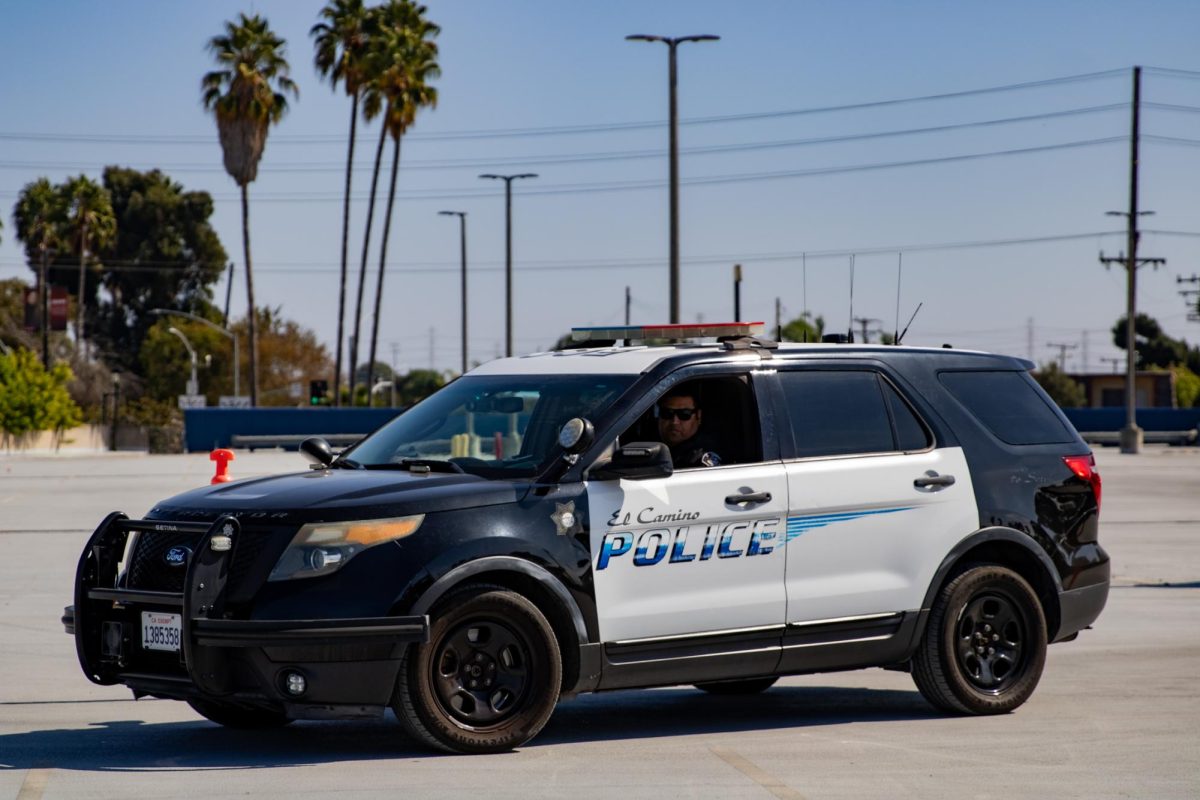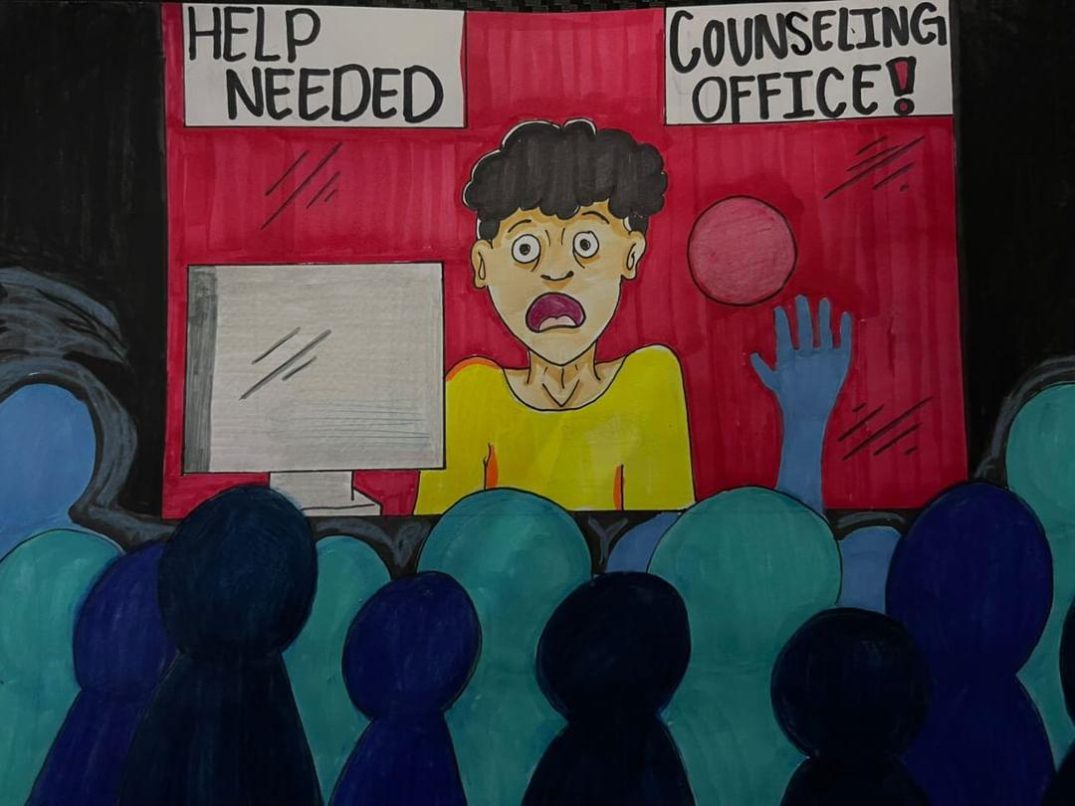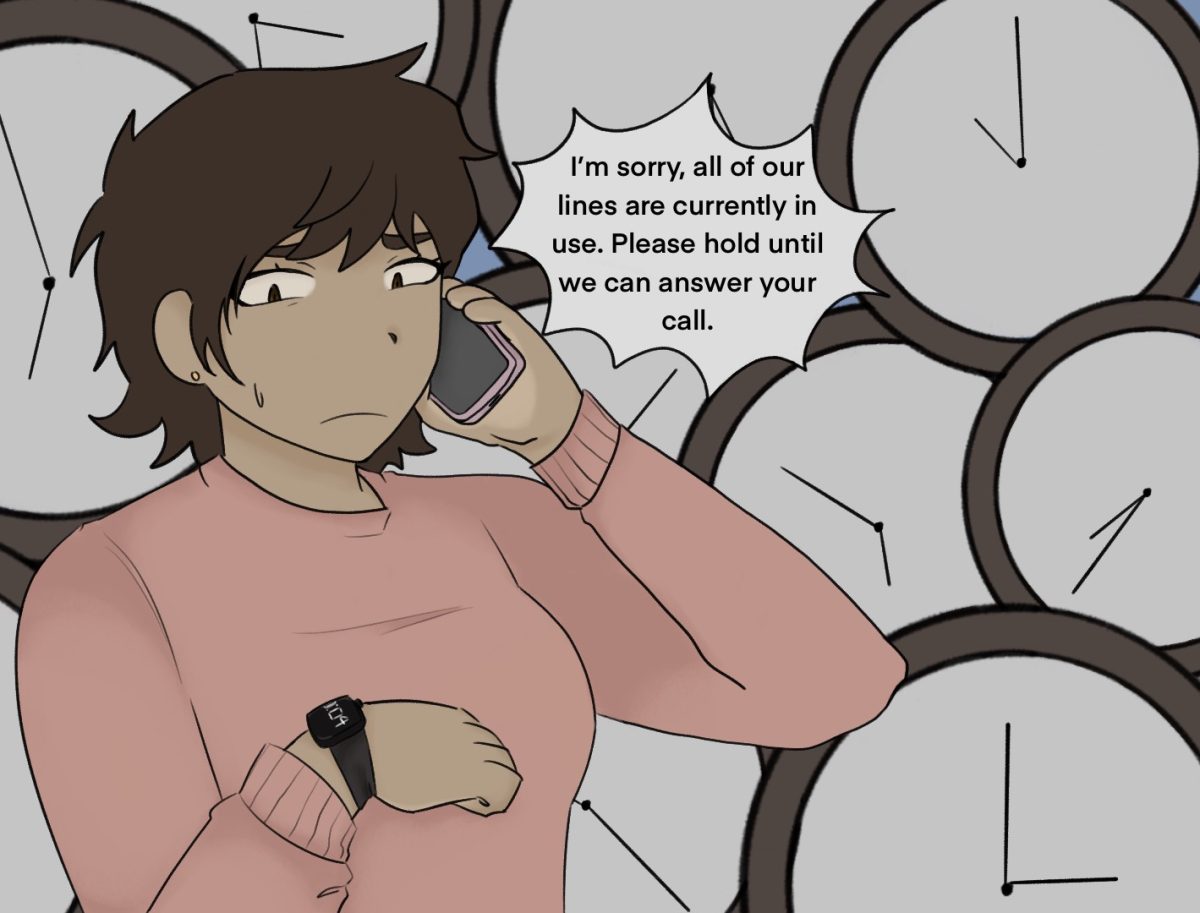The cityscape all around is in shambles.
There is no way to communicate with anyone as cell phones keep failing to complete calls.
Everyone loses a signal and there are no signs of medical aid anywhere.
This is what Californians could potentially see in the event of a major earthquake.
Earthquakes, ironically, are not something most Californians would think about in their day-to-day lives.
Then all of a sudden, an earthquake can hit and the sad truth is, most people will more than likely not be prepared for it.
In a catastrophic event, people can be trapped and will not be able to be reached by a response team for up to 72 hours, if at all.
The California ShakeOut is a good way to educate people on how to handle an emergency situation, especially since most people might not know where to begin on the subject.
Thursday at 10 a.m., EC will participate in a drill along with others in Southern California.
College students need to be more aware of potential dangers that could occur at any time so they will be able to take care of themselves during a crisis.
Knowledge such as this benefits all, as it can be used to save or assist others in an emergency if there is someone around who is aware of the facts and procedures that can be taken.
Students should keep an emergency kit in their car and any other place accessible to them in order to be prepared anywhere they happen to be.
Emergency preparedness may seem like a boring subject or like something you learn about in elementary school.
Still, children can also help out in emergencies by being given simple tasks and requesting minor things of them.
The organizers of the ShakeOut provide an excellent service as their goal of safety is aimed at people of all ages.
Even in this era filled with all sorts of useful technology, it may not be enough to save someone in an emergency situation.
In a catastrophe, the infrastructure connecting cell phones and the Web will eventually be rendered useless as everyone frantically tries to communicate with one another, causing a back-up that is too much for machines to handle.
This is why simple survival techniques need to be learned so that in the event of a loss of contact, even those who depend on their phones or computers can stay safe until a response team can help them.
Amateur radio, for instance, is one form of communication that will not fail should the infrastructure go down.
The reason we have this life-saving resources available are because people have taken the time to learn all of the complex terminology and technicalities, so the least anyone can do is learn about what it is, even if they are not interested in operating such devices.
This could benefit the entire campus, so promotion should not be compromised.
EC should have fliers for students so all those interested can have the opportunity to learn from this event.
Safety is always vital, even if we don’t always think about it.





